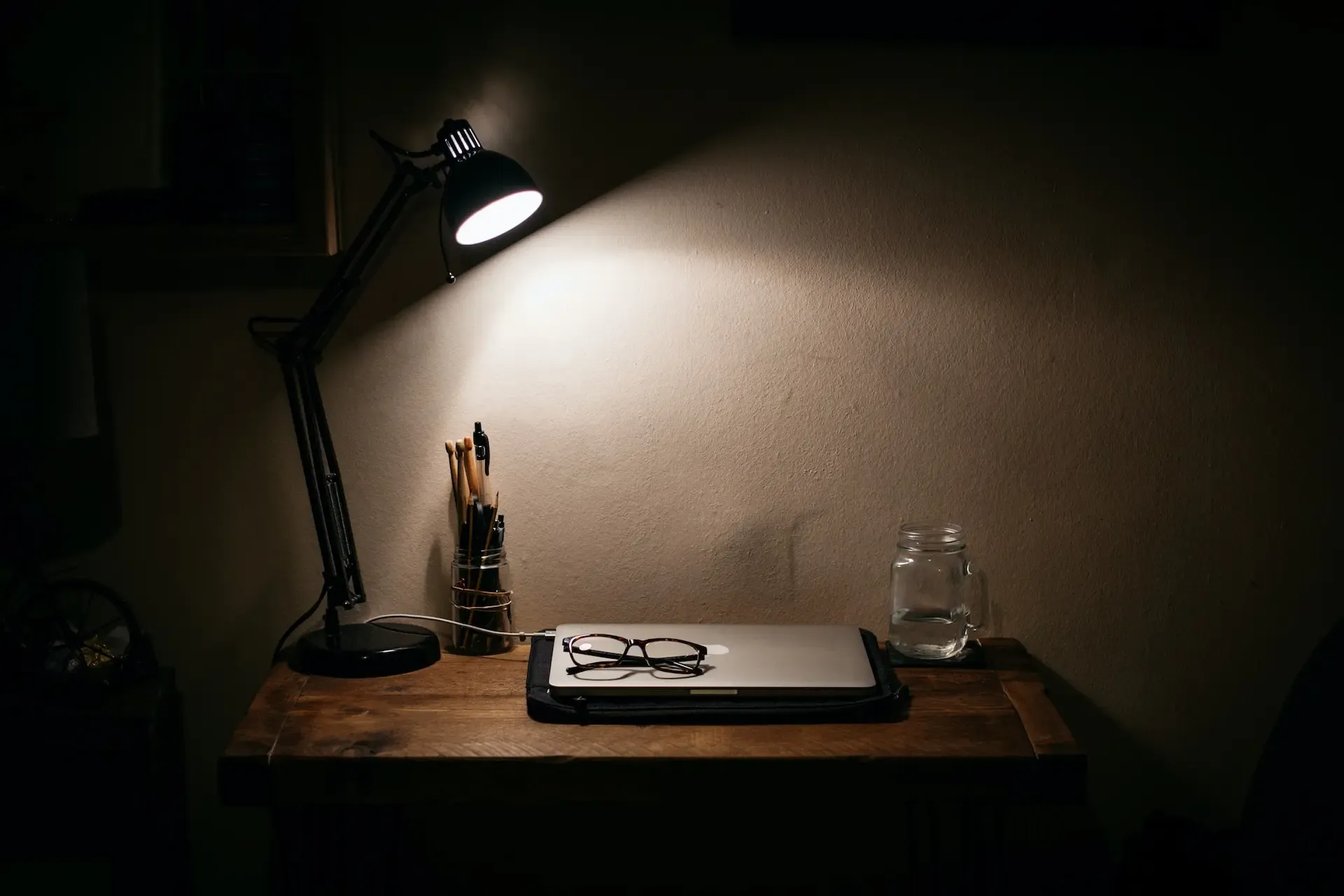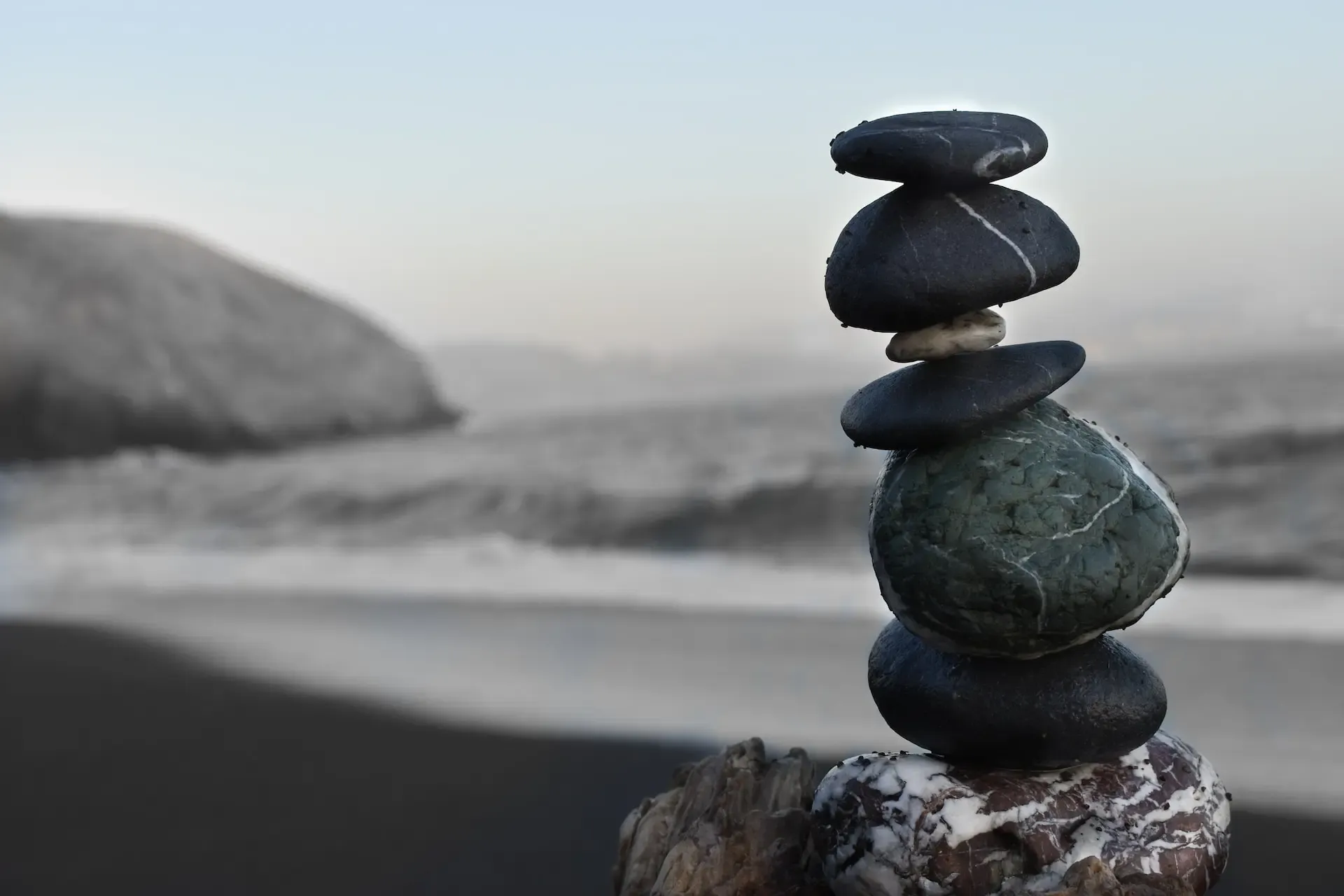Decompression Effect: Calm After the Storm
What happens when the stress doesn't go away?
We’ve all been there, right? We went through something stressful – doesn’t matter exactly what it was, but once thing is certain: It wasn’t fun, even more so if that something was due to work-related stuff, you know, where most of your day-to-day life stress might come from.
Perhaps you just went through a tight sprint, or you almost missed a deadline, or even more, your team just released months worth of work and it’s now out to the test of public and usage – sounds a bit specific, doesn’t it? Well, you’d be right, because that’s exactly what happened to me over the past couple of months.

At my job, my team and I finally launched the MVP of a project that had been in development (at the time of writing this) at least 3 years or so, with lots of planning, anticipation, preparation, it actually went very smooth, way more than we expected.
The ceremony was followed up with huge props from management, stakeholders, and the entire company, we finally hit that lifelong milestone we had all been waiting for, but… For some reason, I still felt stressed.
If you’ve ever been on a similar situation on your day-to-day job, let me tell you why it feels the way it does.
The accumulation
But, wait, wasn’t everything supposed to feel good as soon as the stress factor went away? Not quite, as stress doesn’t grow linearly, nor does calmness when exiting out of a stressful period (like the months prior to a big project launch).
Emotions build up over time, they do not appear out of nowhere, just like they won’t suddenly go away. It’s a curved slope that our minds and bodies have to overcome when transitioning states.

Knowing this is the key to identifying why we’re feeling the way we do. “How long have I been actually feeling this way?”, “Is this new for me?”, “What factors cause this type of pressure?”, perhaps you already know the answer. Maybe you spent way more than your average 8-hours, maybe you did work stuff on weekends, or simply agreed to be on-call on one of your days off.
Those are very common things we, as programmers, tend to do, while also underestimating the effect such things can have on our overall state of mind at work, even more, the accumulation of these things happening over, and over again.
Some times we can’t help it, right? It’s most often our duty to do our absolute best to keep a project alive and moving forwards, other times we simply don’t have a choice, given the project nature it can perfectly be the right thing to do, and we need to be mentally and emotionally prepared for such situations – to not let them accumulate.

Think about this, bombs are dangerous not because of how much energy they release, but how quickly they do so, causing irreversible damage from one second to the other. We, as humans, are flexible, but even the most flexible things out there struggle to come back to its original shape after they decompress.
Stress is a silent evil – you only notice it once it’s grown past your sight, and we have to be very careful on how we handle it. Let’s see how we can’t prevent it from doing so.
Regain control over your life
First step in being able to control & wear out stress from your life, is to successfully control yourself first – this is, being able to stay in control over what happens in your life, how your day-to-day looks, how you feel and how you handle any incoming situation.

Let’s talk about one of the most common topics that comes up when thinking about life balance, habits.
In times of life crisis, whether wildfires or smoldering stress, the first thing I do is go back to basics. am I eating right, am I getting enough sleep, am I getting some physical and mental exercise every day?
Habits are a great way of regaining control over your life, and getting you on the right mindset about how to organize yourself in order to have a relaxed day, wether or not how work goes that day. Now, ask yourself a question, “what is it that I look forward on a regular day?“.
It doesn’t need to be anything extraordinary, or crazy. Sometimes, life’s greatest things can be found on the small and simple. To me, I really love doing the following:
- Waking up early, and working out.
- Having a shower.
- Making tea, or coffee.
- Taking some minutes to read, at least just a bit.
It’s nothing out of the ordinary, yet it helps on making me feel productive through small achievements during the day that, just like stress and heavy emotions, accumulate and build up to an overall sensation of success and gratitude, which is great at counteracting stress.
Pick a few things that you’d like to have on your day, and give them the space to actually be a part of it. You’d be surprised how easy it becomes detaching from work once it’s time to do one of those things, which leads me to the next point.
Learn when to detach
It’s very important to know when too much is too much. We all have different limits, but one thing is certain, we shouldn’t let our work thoughts and worries slip into our personal lives to the point where there’s no clear distinction between them.

There’s no easy way to call it quits on that one thing stressing us that we really want to get done before tomorrow’s daily standup. We don’t want to push back deadlines, or show less commitment, but here’s where we have to be firm over our thoughts, and know that respecting limits is not being a worse employee.
What is more valuable to a company? A developer that finished 10 tasks in one day, but got incredibly tangled up for the rest of the week without being able to push anything else? Or a developer that delivers consistently during entire months and communicates well over complexity and expectations?
Quantity without consistency is effectively worthless, but… Do we really know how to detach without affecting our work?
Divide and conquer
Picture this: it’s 5:00 PM, you’re about to finish that one task that you’ve been working on all day long. It’s time to go home, but you just can’t leave that task unresolved, you’re tempted by the idea of staying until it’s solved, but you get a déjà vu – this has happened before, and what seemed like minutes worth of work, ended up being 3 hours or more. What do you do?

You might just have given yourself the answer. You’re determined to get this done in a few minutes, but you also know 9 out of 10 times, it’s not just a few minutes. What’s the right move on this situation?
“If it’s critical, then it must be done”, you might think, and you’d be absolutely right, but you also have to ask yourself this: How often is it actually critical? If the answer points to it being pretty often, then, as my PM once said:
If everything is critical, then nothing actually is.
The “criticality” of the thing is actually very simple: You don’t want to leave things for tomorrow, and that’s a good thing, but it can also backfire pretty quickly, by blurring the line of when is it actually a good idea to stop, and pick up where you left off the next day.
Why is this a good idea? It helps you on becoming more consistent on delivering, as you not only set the right expectations about the amount of work you can get done on a given amount of time, but you also give yourself time to rest, and come back with a fresh mind, and way more energy.
Perhaps finishing that task the previous day would’ve taken 3 hours to complete, but since you gave yourself the time to rest, and start again the next day, you were able to ace it and getting the work done in just one hour – see? Not only did you finished up way faster (in terms of work hours), but you also managed to do it without sacrificing after-hours time, and proper rest.
Where do we go from here?
Getting to this level of balance is not a thing that happens overnight – it takes time, a lot of time. It’s a dilemma that can span over the entire career of a human being, but it’s not about getting it from one day to another, but rather doing small bits of progress every day. This goes to myself as well, as I still struggle with this pretty often.
Knowing how to keep you motivated, and detached from everyday stress at work can be a game changer, and the key to living a happy and healthy lifelong career, and it might also be useful to not burn yourself out only 3 years in (which happened to me).
If you’re struggling with this, and also find a hard time seeing a way out of it, just remember that everything is a process. Don’t go too hard on blaming yourself for not being able to properly maintain a balance on your life, instead, focus on finding small ways to switch gears, one day at a time. Calm will always come after the storm.
Breathe in, breathe out. Everything’s gonna be fine.
Continue reading
Who said you don't need math for software engineering?
Do we really know what goes into effective knowledge sharing?
What is it like to be the one asking the questions?